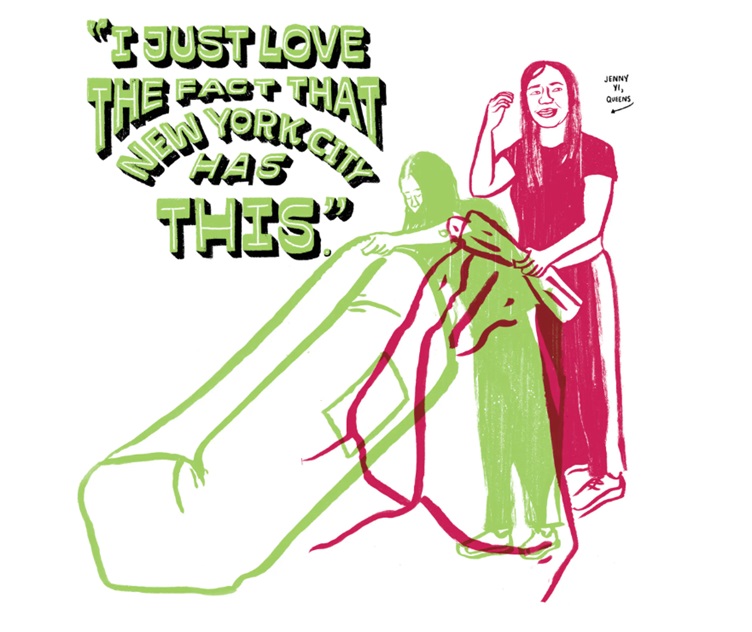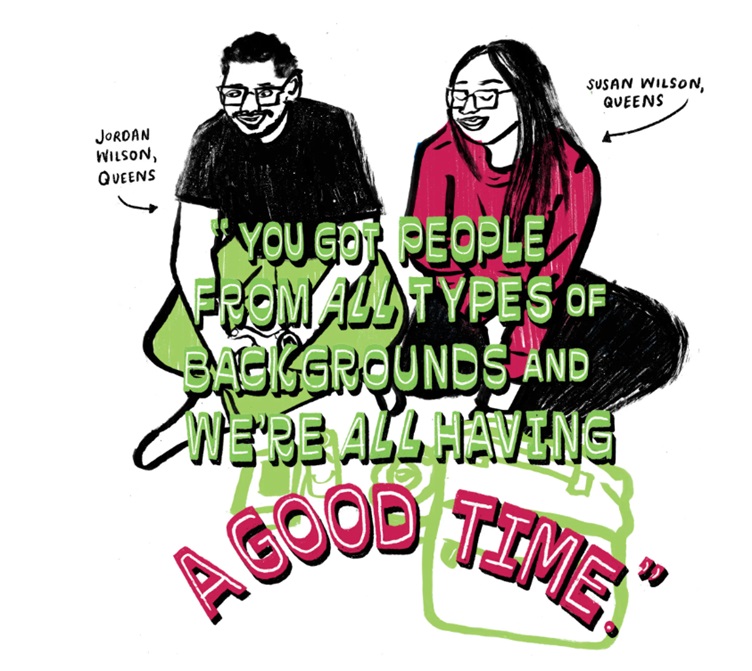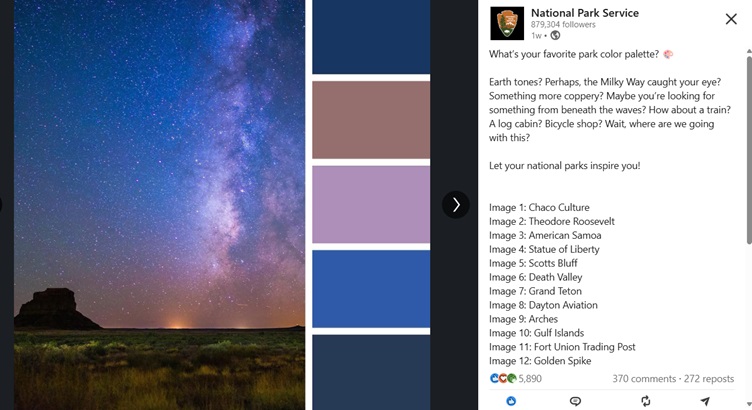The New York Philharmonic held a concert in the borough of Queens a recent weekend. The performance was under the direction of guest conductor, soon to be music and artistic director of the NY Philharmonic.
The New York Times did some sketch interviews with some attendees and published them this weekend (h/t to Artsjournal.com).
Since some of the comments aligned with audience relationship efforts to which arts organizations pay attention, I wanted to post a few.
This first one reminded me of John Falk’s categorizations of museum visitors which have pretty significant overlap with performing arts. Some people pursue experiences with celebrities or blockbuster exhibitions. Someone in this first group admits they aren’t a fan of classical music, but are attracted by Dudamel’s reputation which has spread beyond that particular niche.
Illustrations by Vidhya Nagarajan

This next one I appreciated because it reflects the sense of value and place arts events can bring to a city or community. Obviously this person is actually attending an event, but research has repeatedly shown that people like to live in communities that have cultural amenities even if they don’t regularly avail themselves of those opportunities.
Part of many people’s identities are connected with the idea that they live in a place that has opera, galleries, theater…and outdoor concerts some distance from the formal symphony hall.

Similarly, people like to see other people of different backgrounds enjoying the same experiences they do. In the earliest days of the Macon-Mercer Symphony which performed at the hall I managed, many of those whom you might identify as being in the core classical music demographic were happy to see so many younger people attending the concerts. Some of the pieces that were programmed may not have been their cup of tea, but they were happy to see the seats filled and the lobby full of chatter and laughter.




Thanks for what you are doing to bring cultural change to the arts. It is so important to represent everyone.…